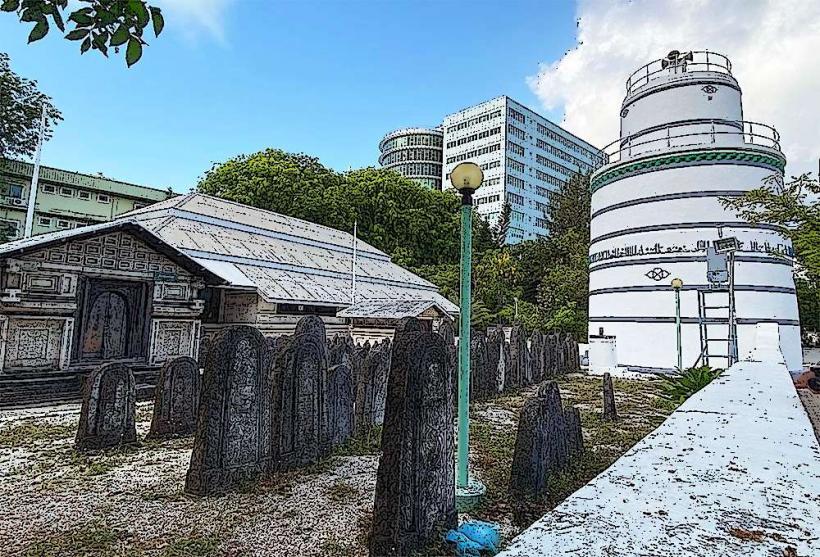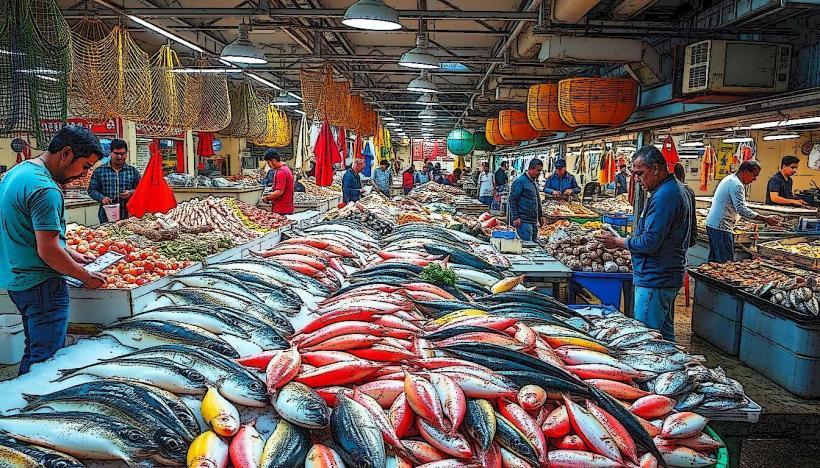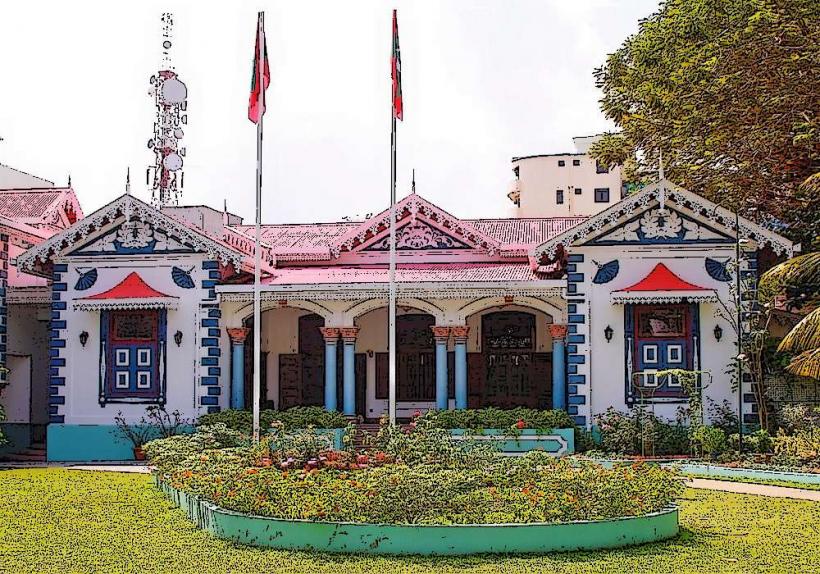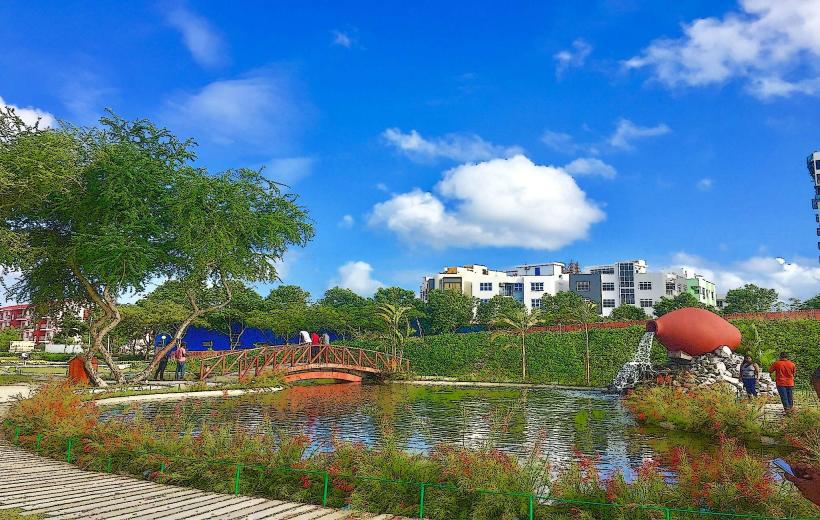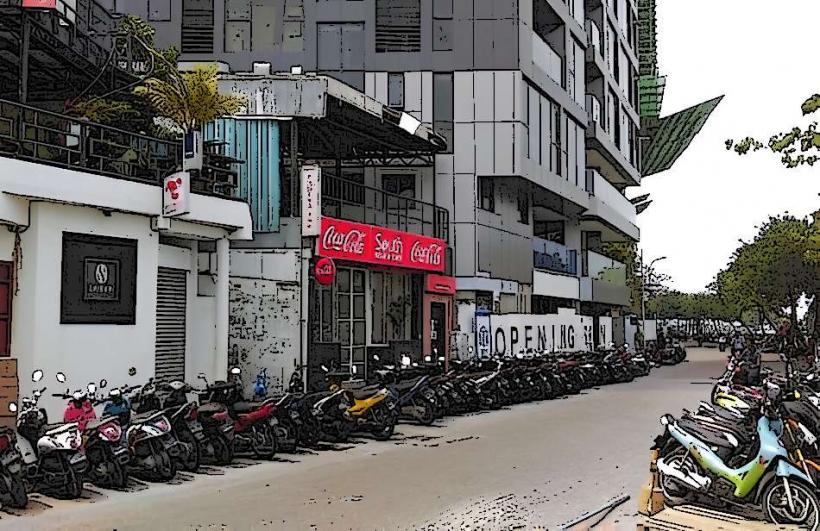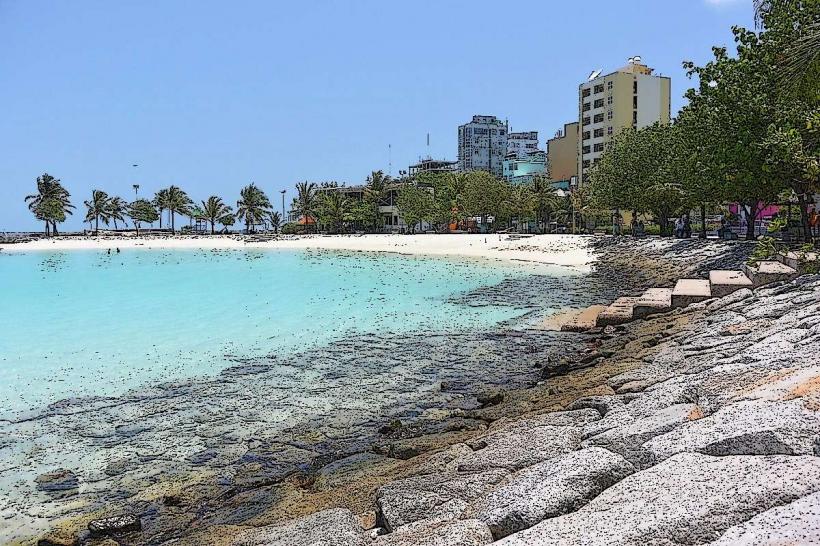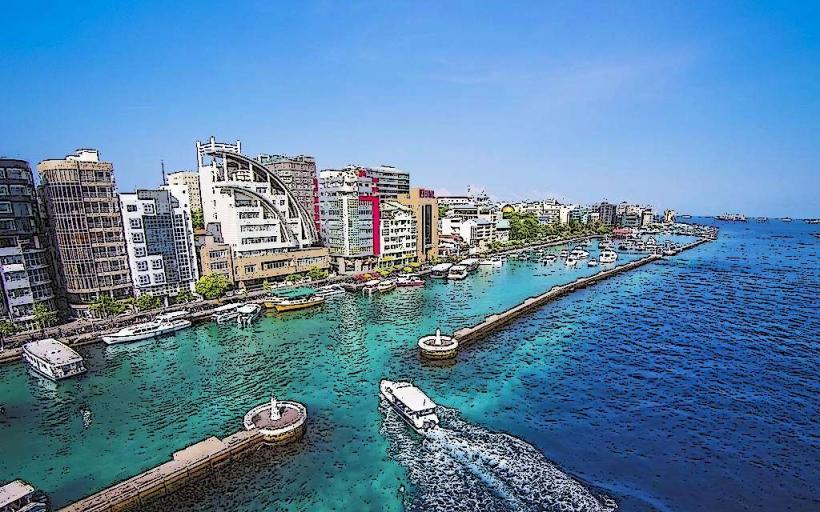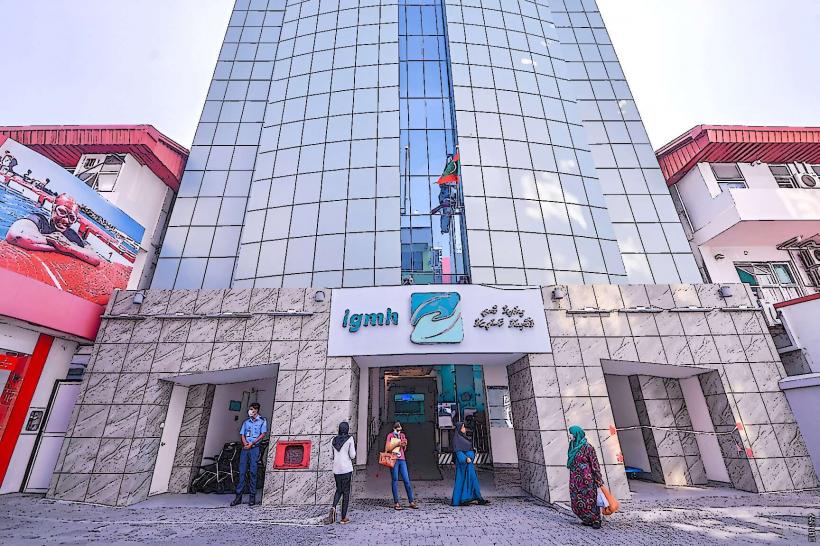Information
Landmark: Malé Local MarketCity: Male
Country: Maldives
Continent: Asia
Malé Local Market, Male, Maldives, Asia
The Malé Local Market (also known as the Malé Public Market) is a key commercial and cultural center in the capital of the Maldives, offering a vibrant experience for both locals and tourists. Located near the Male-fish-market_male" class="underline">Malé Fish Market, the Local Market is a bustling hub where you can explore a variety of goods, from fresh produce to local handicrafts. Here's a detailed overview of the Malé Local Market:
1. Location:
- The Malé Local Market is located in the heart of Malé, near the Malé Fish Market and close to the central harbor. Its central position makes it easily accessible for residents and visitors alike.
- It is located on the main street and is a short walk from other popular locations such as Sultan Park, the National Museum, and Republic Square.
2. History and Purpose:
- The Malé Local Market has served as a central point for trade in Malé for many years, providing a space for local vendors to sell goods ranging from fresh food to textiles and everyday items.
- Historically, markets in Malé have been an important part of the community’s daily life, where both islanders and tourists come together to buy and sell various products. It plays an essential role in the local economy, offering a wide variety of goods that cater to the needs of the population.
3. Market Offerings:
- Fresh Produce: The market offers a wide selection of fruits and vegetables, many of which are imported from nearby islands. Common items include bananas, mangoes, papayas, coconut, tomatoes, potatoes, and leafy greens like spinach and cabbage. The market is a great place to experience the variety of produce available in the Maldives.
- Spices and Dried Goods: You can find an assortment of local spices, including cinnamon, cloves, and cardamom, as well as dried fish and seafood. Dried fish, particularly fihunu mas (sun-dried fish), is a staple in Maldivian cuisine and is often sold in bulk.
- Snacks and Local Food: Many stalls in the market sell traditional Maldivian snacks like mas huni (a tuna and coconut salad), roshi (flatbread), and biscuits. These can be purchased for a quick bite or as ingredients for cooking traditional dishes at home.
- Handicrafts and Souvenirs: The market also offers local handicrafts, including hand-woven baskets, mat weaving, wooden carvings, and shell jewelry. These items are popular souvenirs for tourists looking to take home a piece of Maldivian culture.
- Household Items and Textiles: In addition to food, the market also has vendors selling household items such as brooms, kitchenware, textiles, and clothing. You’ll find everything from everyday essentials to more decorative pieces.
- Fresh Seafood: While the Malé Fish Market is the primary destination for fresh fish, the Local Market also offers fresh fish and other seafood, particularly during the early morning hours when fishing boats return with their catch.
4. Atmosphere:
- The Malé Local Market is known for its lively, bustling atmosphere, with vendors calling out to customers and people negotiating prices. It’s a vibrant place where the energy of Malé can be felt, with local Maldivians coming together to do their daily shopping and interact with one another.
- The market can be quite busy, especially during the mornings when most locals come to buy their daily goods. The narrow aisles and crowded stalls contribute to the market's dynamic and energetic vibe.
5. Cultural Significance:
- The market plays a vital role in the cultural life of Malé. It’s not just a place for purchasing goods; it’s a gathering space where locals socialize and catch up on daily news. The vendors and buyers often exchange pleasantries and local gossip, making it a cultural center for the city.
- The items available in the market reflect the Maldivian lifestyle, with many products tied to local traditions, such as the use of coconut in daily life and the importance of fish in the country’s cuisine.
- The Malé Local Market also offers a chance for tourists to experience the everyday life of Maldivians, beyond the resort-centric tourism of the islands. It is a window into the local economy and the ways in which people in the capital live, work, and connect.
6. Tourist Experience:
- For tourists, the Malé Local Market is an excellent place to experience authentic Maldivian culture. Visitors can walk through the aisles, observe the colorful stalls, and try local snacks. It’s also a great spot to pick up souvenirs, such as handmade crafts and local textiles, to take home as mementos of their trip.
- Many tourists are surprised to find a market that offers so many everyday items, as most of their experience in the Maldives is centered around resorts. The market offers an interesting contrast to the more luxurious settings of the island resorts, showing a different side of Maldivian life.
7. Operating Hours:
- The market is generally open every day, but it is most active in the morning hours from around 6:00 AM to 12:00 PM. After noon, the market tends to be less crowded, and some stalls may close earlier in the afternoon.
- It’s best to visit early in the morning when the market is at its busiest and when the freshest goods are available.
8. Haggling and Bargaining:
- Haggling is a common practice in the Malé Local Market, and shoppers are encouraged to negotiate prices. However, it’s important to approach the bargaining process with respect and a friendly attitude.
- The vendors are usually open to negotiating, especially when it comes to purchasing larger quantities or multiple items.
9. Sustainability:
- While not directly focused on sustainability, the market offers many locally produced items, which can help reduce carbon footprints associated with food imports. However, like many markets worldwide, the use of plastic and other non-eco-friendly packaging is still common, and there have been efforts to encourage more sustainable practices.
10. Conclusion:
The Malé Local Market is a dynamic and essential part of life in the capital of the Maldives. Whether you're interested in sampling local foods, purchasing handicrafts, or simply experiencing the cultural atmosphere, the market offers an authentic slice of Maldivian life. It is an exciting destination for tourists looking to explore beyond the resort experience and delve into the daily routines of the people who live in Malé.

